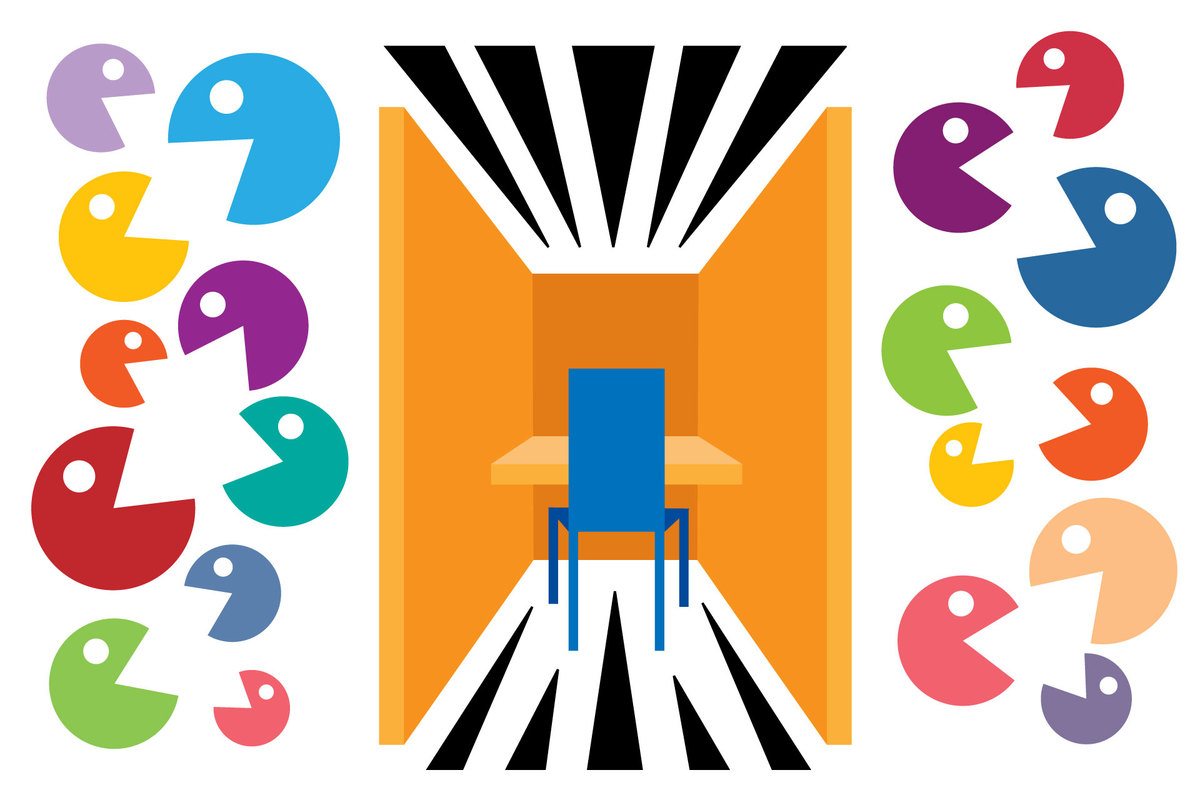Education at UT is about creating an environment that cultivates intellectual growth and creativity. By providing accessible, flexible and safe study spaces in dorms the University can encourage students to build their study skills and work toward their future careers.
At UT there are a plethora of places to study on campus. While there are some communal and study areas inside UT’s 15 residence halls, students who need a quiet place to study during midterms or finals cannot utilize these spaces effectively. University Housing and Dining should allow students to reserve study spaces in residence halls through an online reservation system, one similar to the PCL room reservation system. Currently, the PCL allows students to reserve group-study spaces making study areas accessible to all students.
Aaron Voyles, Director for Residential Experience for University Housing and Dining, expressed openness to a new room reservation system.
“I think we would be open to discussing what (a reservation system) might look like if that’s something the student population would like to see,” Voyles said. “I can see advantages to both systems, there’s an advantage to not having to schedule something, or some of our spaces in residence halls might be large (for a reservation).”
Business sophomore Liliana Marquez thinks students should be allowed to reserve study spaces in residence halls because it increases student safety at night –– especially for those who live far from the PCL.
“There should be a reservation system because there are some people who study better at nighttime and like to do all-nighters,” Marquez said. “They don’t want to be walking from the library back to the dorm because it is scary in the dark.”
While some may fear the misuse of such a system, envisioning perpetually booked spaces that students don’t utilize, a fair-use policy can address these potential issues. By putting a cap on how often an individual can reserve a space and limiting the hours a student can reserve a space in one sitting, University Housing and Dining can make sure that students are making the best use of this resource. Presently, the reserved study rooms at the PCL have a cap of four hours per week per person.
Certainly, not all spaces in residence halls are suitable for reservation purposes, but having dedicated, reservable study spaces provides a separate, structured space for study. Instead of encroaching upon relaxation spaces, these reserved areas allow the rest of the residence hall to remain an area for social life.
Reservable study spaces can also help students manage their study schedule during midterms and finals, helping them curb their anxiety.
“During finals, the library is crowded … it can be stressful to try and find a (perfect) place for someone to study,” Marquez said. “I think it would alleviate some stress if there was a reservation system put in place because it can get frustrating if there’s the same people who get that room (in the residence halls) every day.”
A common objection to reserved study spaces in residence halls is that they can hinder community-building among students, but there is a simple solution. The large, open dorm areas can be used for communal interaction while the smaller rooms can be used for individual and small-group study sessions. This will ensure that students can have interpersonal relationships with their peers and build their tight knit communities on campus, while meeting their academic needs.
Ultimately, an online reservation system for dorm study spaces would empower students by offering them a conducive learning environment right at their doorstep.
Muyeed is an economics junior from Southlake, Texas.














